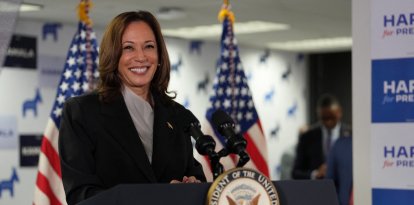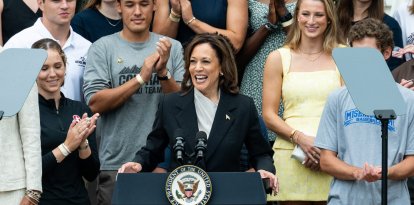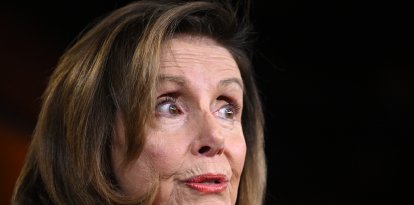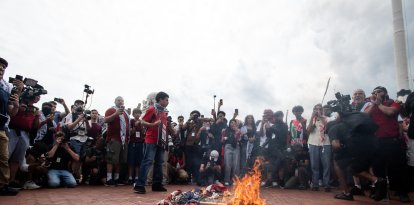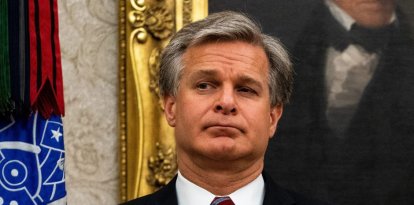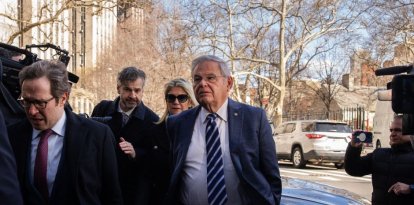Senate passes bipartisan bill, averts government shutdown
The measure, known as a continuing resolution (CR), required the agreement of all 100 senators.
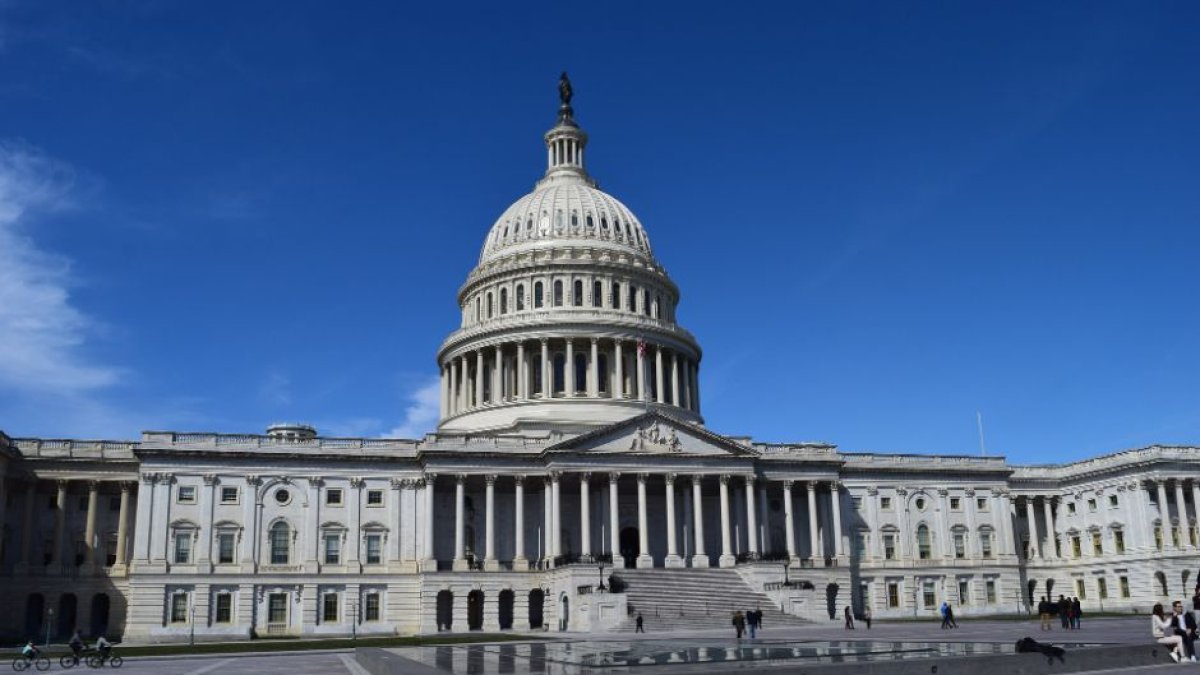
(Pixabay- bones64)
The Senate passed a short-term spending bill to keep the government open until mid-November and prevent federal employees from being furloughed and non-essential government programs from being put on hold.
After several weeks of wrangling over the issue, a measure known as a continuing resolution (CR) proposed by House Speaker Kevin McCarthy unexpectedly advanced in the House of Representatives on Saturday.
"I have very good news for the country. Democrats and Republicans have come to an agreement, and the government will remain open. We will have avoided a shutdown. Bipartisanship, which has been the trademark of the Senate, has prevailed and the American people can breathe a sigh of relief," announced Senate Majority Leader Chuck Schumer.
The bill passed the Senate after winning 335 votes to 91 in the House of Representatives. Almost the entire Democratic caucus voted in favor (209), despite the fact that the bill does not provide aid to Ukraine, which was a priority for that party.
For their part, the Republican votes were divided, 126 members of the GOP were in favor of advancing with the measure, while 90 voted against it.
The funding patch, which will last 45 days after the end of the fiscal year, includes $16 billion in natural disaster relief, a request from the White House. In fact, the legislative proposal would be a “clean” extension of funding priorities that were established by congressional Democrats last year.
However, measures previously proposed by Republicans failed to gain support from either Democrats or hardline Republicans. This is because they were considered contrary to the Republican promise to approve a dozen individual legislative spending proposals that establish conservative priorities for the next fiscal year.
McCarthy's leadership is in danger
Florida Republican Rep. Matt Gaetz threatened to remove McCarthy from his position as House Speaker over alleged violations of a deal he reached with his critics in January.
“The one thing everyone seems to have in common is no one trusts Kevin McCarthy, ” he said, although he clarified that, at this moment, his focus is not on the impeachment motion, but on avoiding a government shutdown.
McCarthy responded to threats
The Speaker of the House assured that, although he does not usually fear for his job, if he were to lose it "looking out for the American public, for taking a stand for our troops and our border agents" then he is not sure what "people want".
"If somebody wants to remove me from putting Americans first, then so be it," he said.














